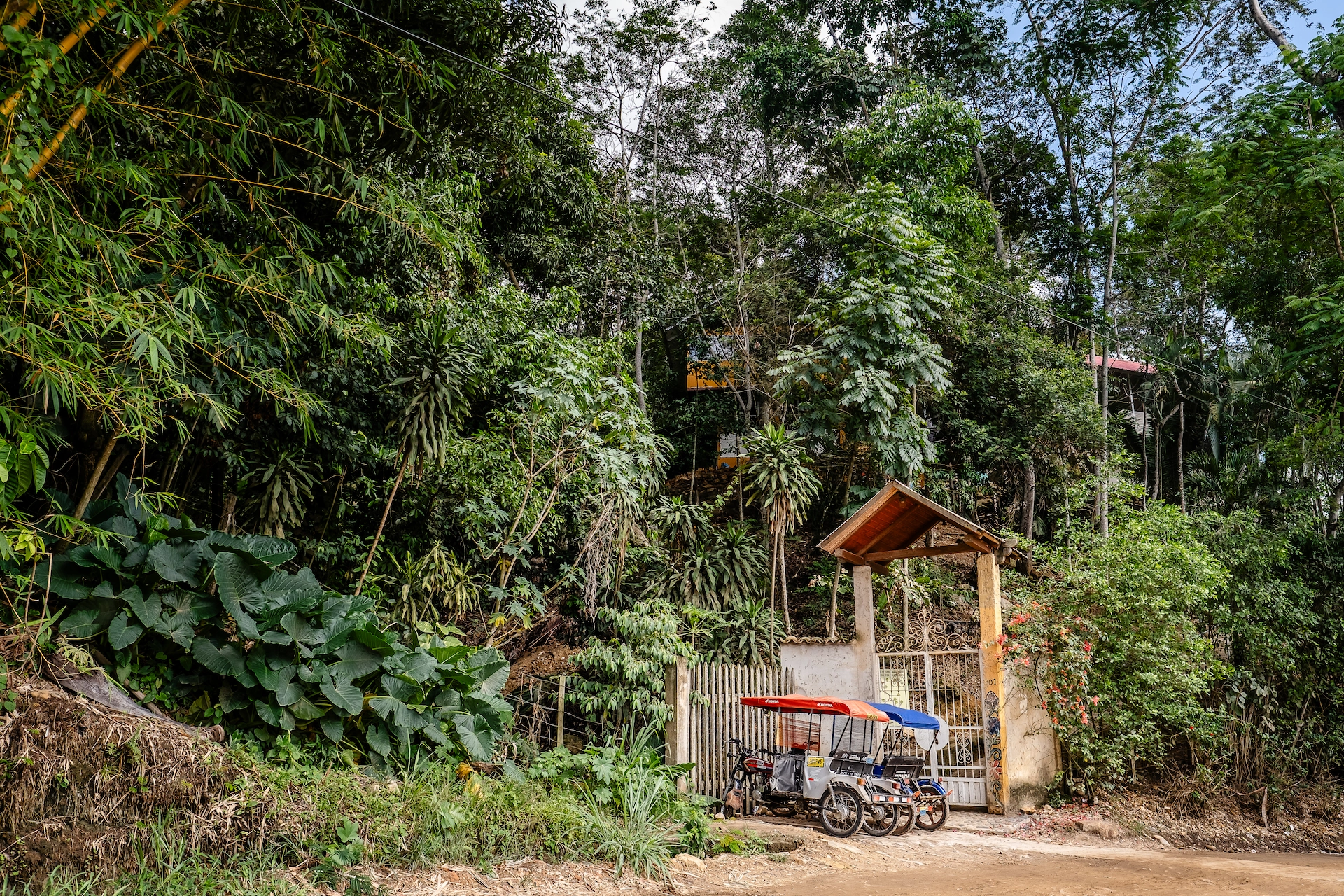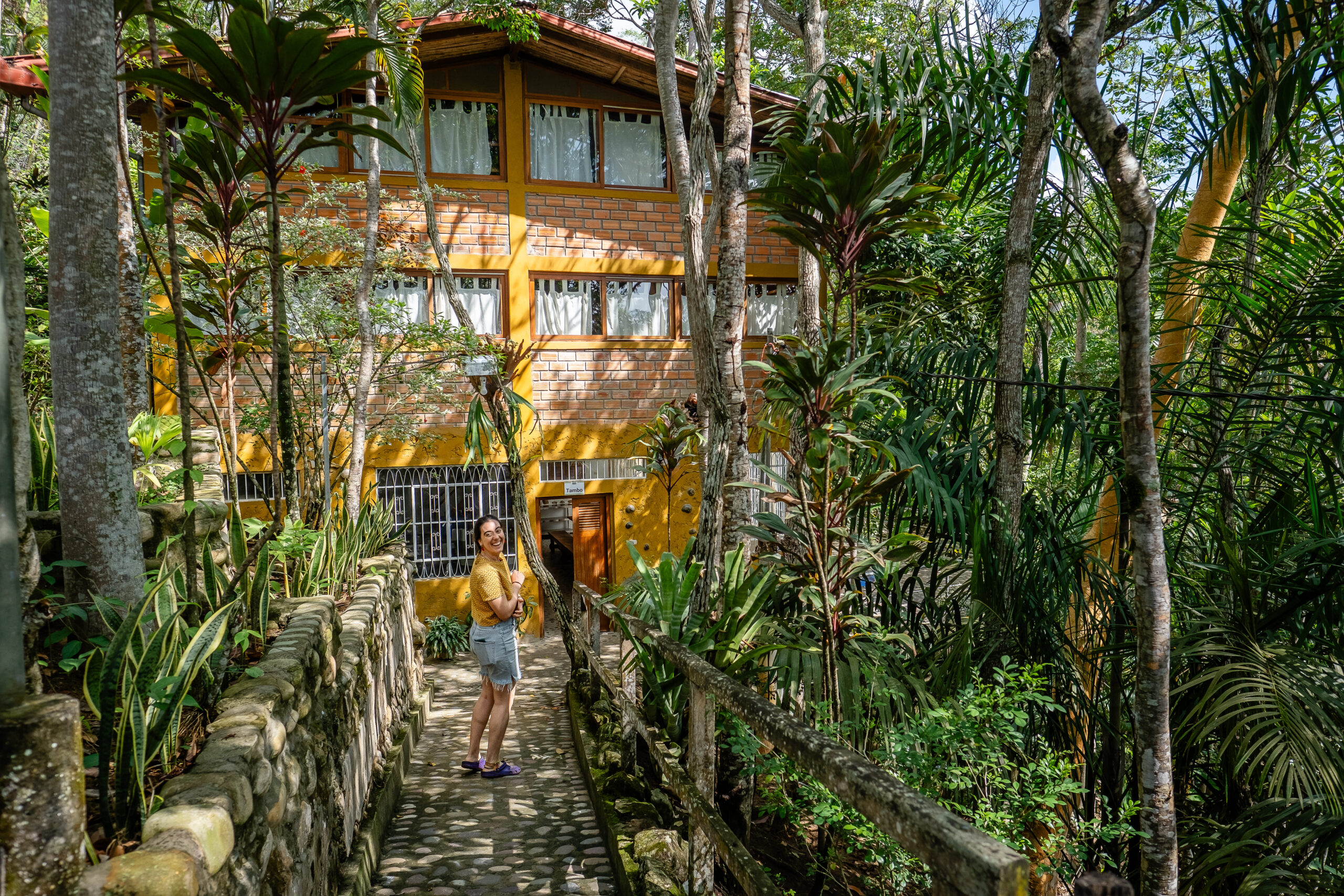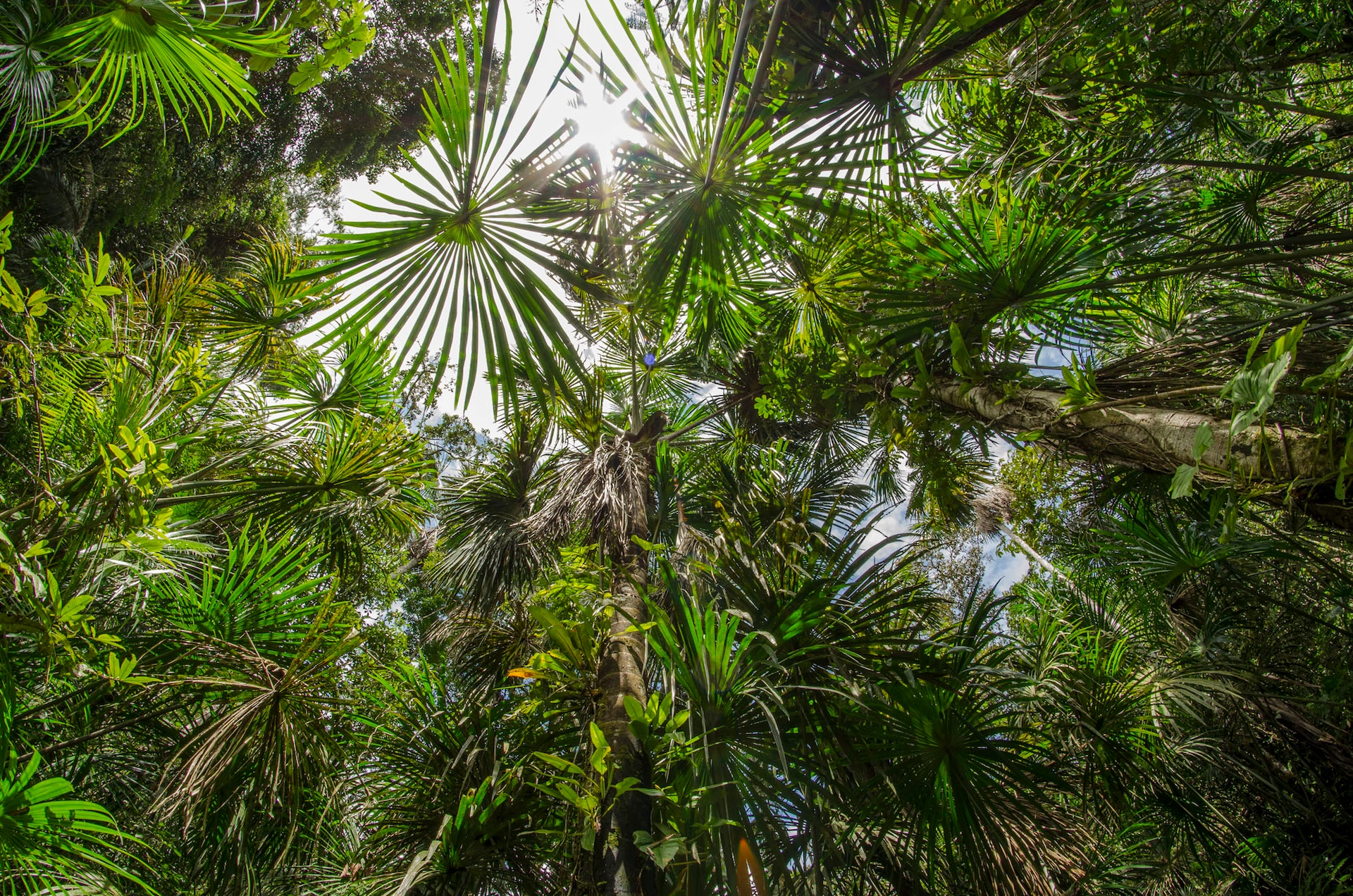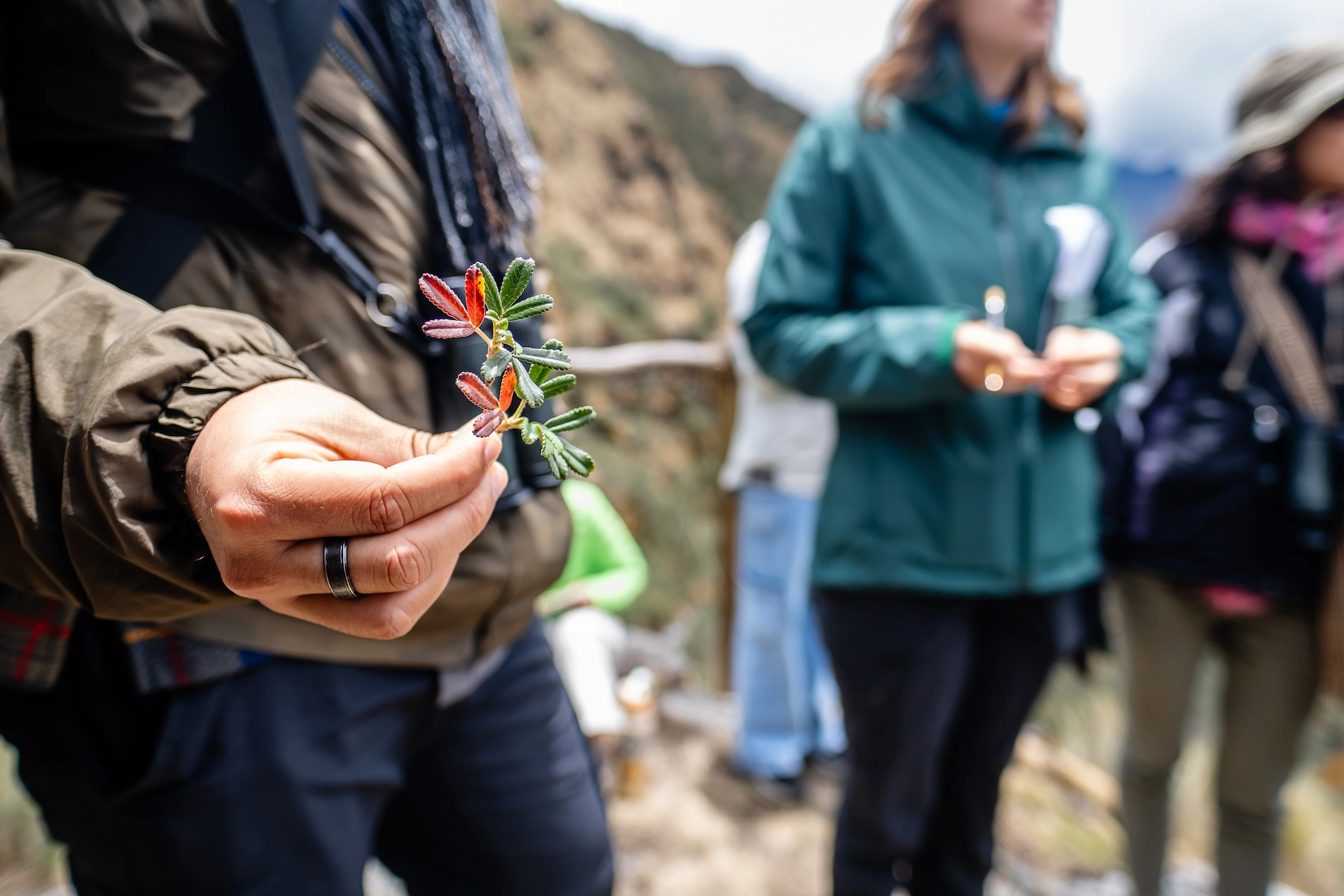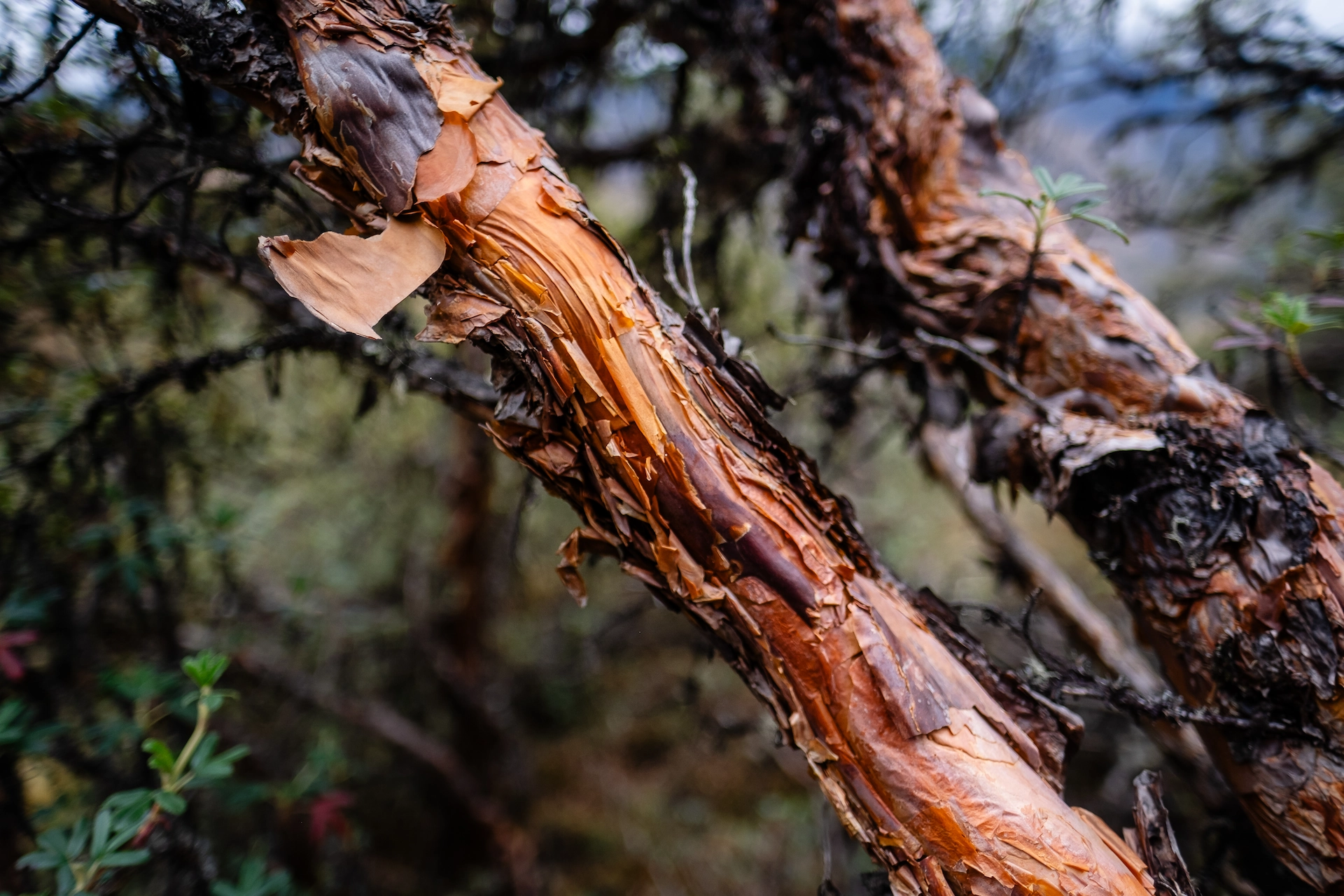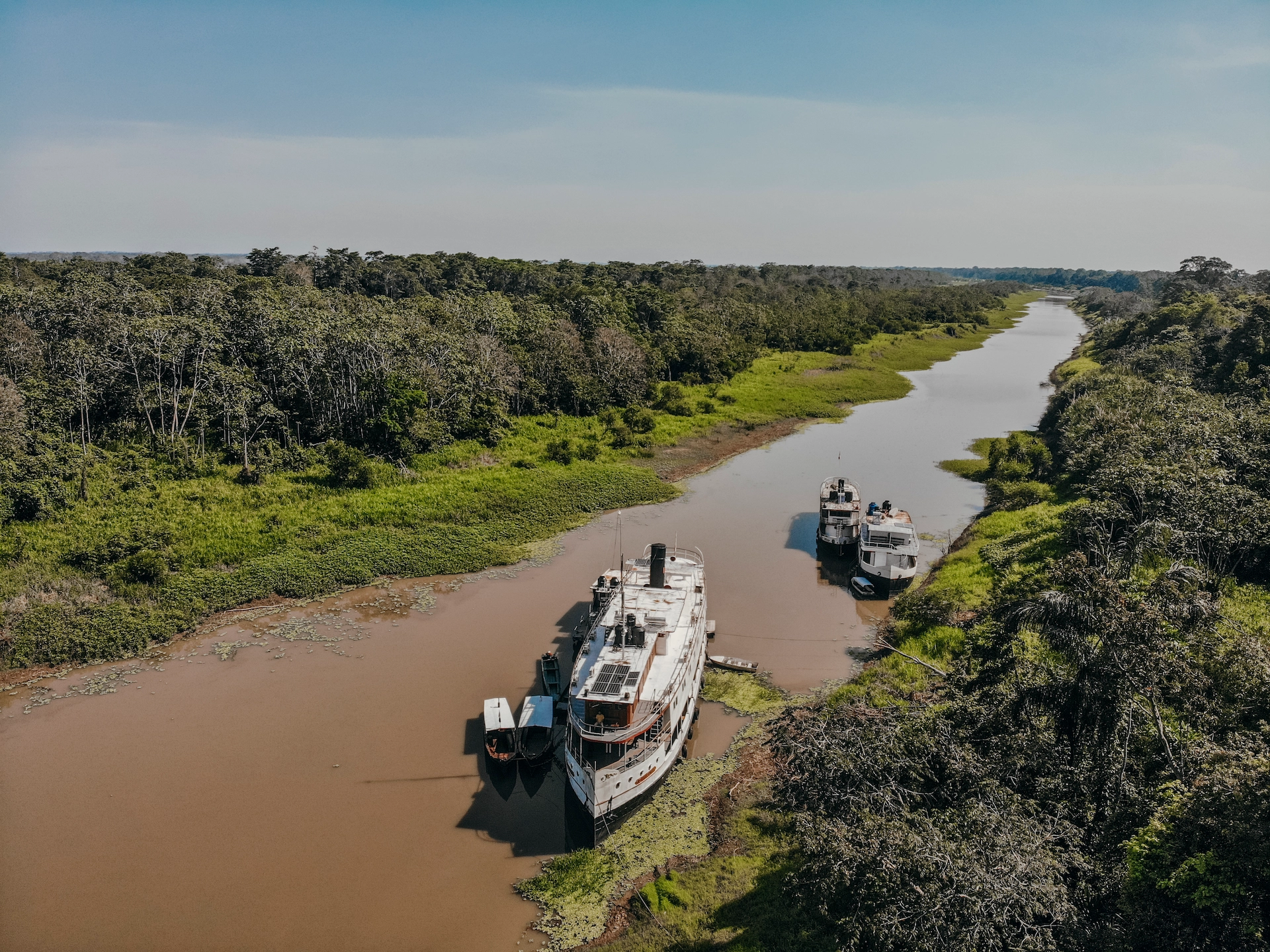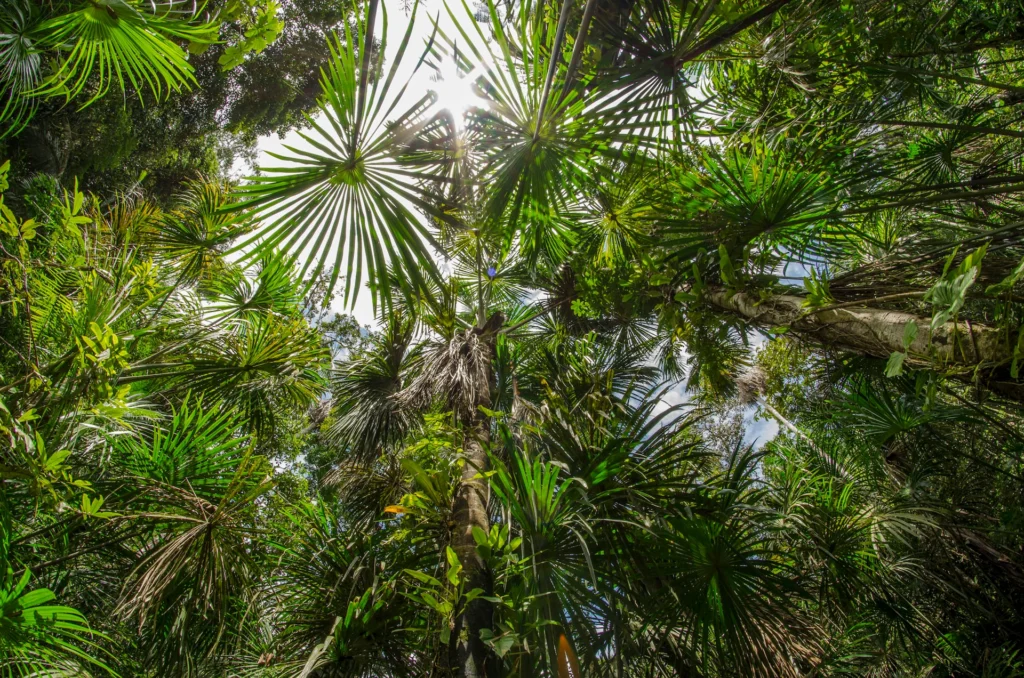
Program Costs
- Tuition
- Room & Board
- Total
Application Deadlines
Resources
Amazonian Plant Biodiversity and Traditional Medicine
Explore the deep connections between medicinal plants biodiversity, indigenous knowledge, and health across the Peruvian Amazon. Deeply rooted in ancestral knowledge, traditional medicine is not just a package of healing practices but an expression of a holistic understanding of health that sees humans, non-human living forms, forests, and the spiritual realm as intimately interconnected. Through excursions, field visits, and conversations with local practitioners, students will learn how cultural and biological diversity intersect in approaches to healing. The program also critically examines how Indigenous knowledge is perceived within global biomedical frameworks, inviting dialogue between different ways of understanding health and the environment.
- Explore the rich biodiversity of the Amazon and its critical role in the development of traditional and modern medicines
- Identify, document, and analyze medicinal plants used in traditional medicine through guided forest walks and hands-on ethnobotanical fieldwork
- Learn directly from practitioners, healers, and herbalists about medicinal plants, recipes for remedies and holistic health concepts
- Investigate how cultural worldviews shape approaches to illness, healing, and ecosystem health
- Examine tensions and synergies between traditional Amazonian medicine and western biomedical systems through an intercultural lens
Academics
This academically rigorous program follows a five-day/week schedule. Each program combines theory learned during classroom sessions with field-based applications. The interdisciplinary curriculum is designed to help students actively discover and understand the complexities of environmental, social, and economic issues in the Peruvian Amazon.
Major academic themes include:
- Botany, ethnobotany, and biodiversity
- Intertwined relationship between plant ecology and medicine, species co-evolution.
- Indigenous health paradigms and holistic models of wellbeing
- Contributions of traditional medicine to global biomedical science
- Intercultural health: bridging Indigenous and Western medical frameworks
- Biocultural conservation and human health rights
- Medicinal Plants and market-based ecosystems conservation
Courses
On the Amazonian Plant Biodiversity and Traditional Medicine program, you will take one 4-credit course. This course is participatory in nature and is designed to foster inquiry and active learning combining lectures, field exercises, assignments, and tests. This course is taught in English.
Amazonian Biodiversity and Traditional Medicine
This interdisciplinary course offers students an in-depth introduction to the plant-based foundations of traditional Amazonian medicine and the ecological knowledge that sustains it. With a focus on medicinal plants and the ecological relations that support them, students will explore how Indigenous communities in Peru understand and use the forest as a source of healing. Through botanical fieldwork, ethnobotanical documentation, and excursions into both mid-altitude and lowland Amazonian habitats, students will study the ecology, identification, and cultural significance of key plant species used in traditional remedies. The course also critically examines the scientific, ethical, and sociopolitical contexts in which this knowledge exists, including its intersections with global biomedical paradigms. By integrating natural sciences and cultural inquiry, students will gain insight into the complex relationships between biodiversity, health, and cultural survival in one of the world’s most important biocultural landscapes.
Syllabus coming soon!
Core Skills
You will gain practical skills in the field such as identifying, classifying, and cataloging medicinal plant species, ethnobotanical observation and documentation of medicinal plant use, engaging in dialogue with indigenous knowledge holders, cross-cultural analysis of medical systems and healing practices, critical thinking about biomedical assumptions and cultural relativity in health
Field Sites
You will visit different ecosystems and communities which may include mid- and low-altitude primary and secondary forest habitats, indigenous and local communities, regional conservation and health organizations and other locations where ecology and community wellness intersect. Note that this summer program does not contain a trip to the Peruvian highlands or to Cusco.
Other Peru Programs
The Living Amazon
More Information
Program Costs
- Tuition
- Room & Board
- Total
Amazonian Plant Biodiversity and Traditional Medicine
More Information
Program Costs
- Tuition
- Room & Board
- Total


